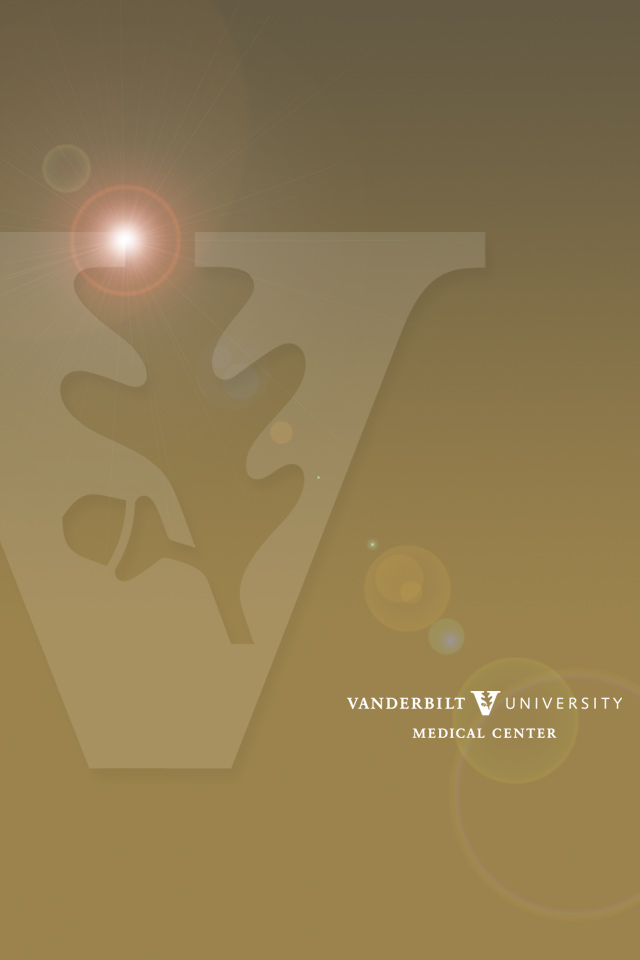Stephen C. Woodward, M.D.
Dr. Woodward is Professor Emeritus of Pathology, Microbiology and Immunology. He was born in Atlanta, GA in 1935 and graduated from the Emory University School of Medicine in 1959. He was subsequently educated in Pathology in the Emory University Combined Clinical Program. He then served as Captain in the U.S. Army at the Walter Reed Army Institute of Research, 1962-1964 where with Herrmann, he developed a quantitative model to measure local inhibitors of repair (Surg. 59: 559- 565, 1966), a model also employed to study potential vulnerary agents (Arch. Surg. 96: 189-199, 1968). He studied biometry and biostatistics at the N.I.H. Graduate School under Jerome Cornfield, 1965-1967, reporting the first Bayesian application to laboratory quality control (Arch. Path. 96: 189-199, 1968).
He was assistant, then Associate Professor at Georgetown University, 1964-1980. Next, Dr. Woodward was appointed Professor of Pathology, University of Utah, and Chief of Pathology at the Salt Lake City VA Medical Center, 1980-1985. While at Utah, with Davidson and others, he showed for the first time that sustained release of Epidermal Growth Factor accelerates wound repair (PNAS 82: 7340-7344, 1985). In 1985, Dr. Woodward was attracted to Vanderbilt University, recognized for studies of EGF, by William Hartmann. Dr. Woodward was appointed Professor and Chief of Pathology, VA Medical Center, Nashville. With Davidson and others, the work on growth factors including basic FGF and TGF beta as wound healing accelerators has continued (J.. Surg. Res. 45: 145-153, 1988: Lab Inv. fil.: 571-575, 1989, Surg. 46: 103-106, 1989). The studies of wound repair were extended to gravitational effects, when immediately wounded animals were flown on the Space Shuttle Endeavour (Davidson, Aquino, Woodward, Wilfinger, FASEB Jou 13:325-329, 1999). It was found that 12 days in microgravity did not inhibit repair; indeed, the repair process was indistinguishable from that seen on earth. Recognition of Dr. Woodward's studies of wound repair occasioned his being asked to write, with Sephel, "Repair, Regeneration and Fibrosis" in Rubin, Ed. Pathology, 2003, in press.
While Chief of Pathology at VA, Dr. Woodward's most important educational effort was to establish Medical and Surgical Death Conferences and during the first 10 years, with enthusiastic clinical cooperation, over 1200 cases, virtually all autopsied cases, were presented. These conferences have continued. He has lectured and led small groups in undergraduate pathology, lectured and taught in the Graduate School Pathology Course, and also in the Connective Tissue Biology course. Dr. Woodward was appointed Chief, Pathology, Tennessee Valley Healthcare System (Medical Centers at Nashville and Murfreesboro, outpatient clinics at Knoxville, Chattanooga and elsewhere) in 2001. In 1998, Dr. Woodward was appointed Professor, Meharry Medical College for the purpose of providing undergraduate instruction in pathophysiology.
